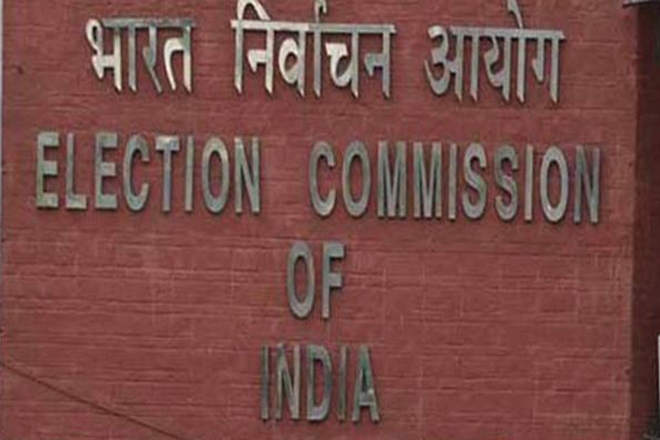
BJP remains richest party as it gets 75% of election bonds in 2019-20

The BJP retains its top position on the wealth scale: with total cash of ₹3,501 crore (in hand and bank accounts), it is the richest party of the country. Its wealth grew from ₹1,904 crore in 2019-20, according to the party’s annual audit filed with the Election Commission.
In 2019-20, the party bought land worth ₹73 crore and buildings worth almost ₹59 crore.
The party received three-fourths of electoral bonds sold in 2019-20. The main Opposition party, the Congress, got just 9 per cent of the total bonds worth ₹3,435, EC data and media reports said.
Electoral bonds were introduced in early 2018, and by virtue of the anonymity they offer to donors, these bonds have forged ahead of all other forms of political funding.
Also read: SC refuses to grant interim stay on electoral bond scheme, seeks response
The anonymity aspect of the electoral bonds means voters will never know which individual, company, or organisation has funded which party, and to what extent.
The BJP’s share of voluntary contributions through the electoral bonds route has gone up from 21 per cent in 2017-18 to 74 per cent in 2019-20. In absolute terms, the party’s income from bonds went up more than 10 times during this period.
The party got ₹210 crore from bonds out of the total ₹989 crore it received as voluntary contributions in 2017-18 and ₹2,555 crore out of ₹3,427 crore it raised in 2019-20. The Congress, on the other hand, got ₹383 crore through bonds in 2018-19 and in 2019-20, got ₹318 crore through bonds, which is 68 per cent of the total ₹469 crore that it got as voluntary donations.
In 2019-20, the Nationalist Congress Party collected ₹29.25 crore through bonds, Trinamool Congress ₹100.46 crore, DMK₹ 45 crore, Shiv Sena ₹41 crore, Rashtriya Janata Dal ₹2.5 crore, and the Aam Aadmi Party ₹18 crore.
Also read: Explained: How transparency in electoral bonds helps democracy
Political parties were required to reveal details of those who donated more than ₹20,000 before the bonds were introduced. Activists say the change infringes on the citizen’s ‘right to know’ and makes the political class even more unaccountable.
“While electoral bonds provide no details to the citizens, the said anonymity does not apply to the government of the day, which can always access the donor details by demanding the data from the State Bank of India (SBI). This implies that the only people in dark about the source of these donations are the taxpayers. It may also be noted that the printing of these bonds & SBI commission for facilitating the sale and purchase of the bonds is paid from the taxpayers’ money by the Central government,” the Association of Democratic Reforms (ADR), which had moved the Supreme Court against electoral bonds, said in a recent statement.
The Supreme Court had refused to stay the sale of electoral bonds.

